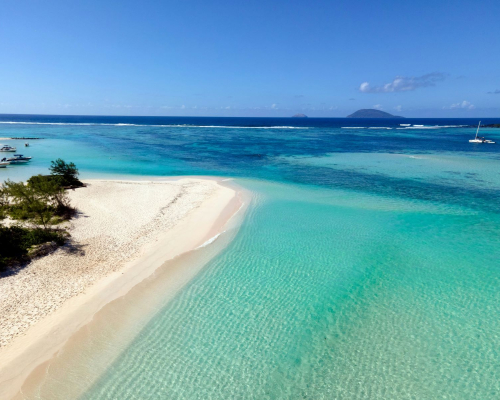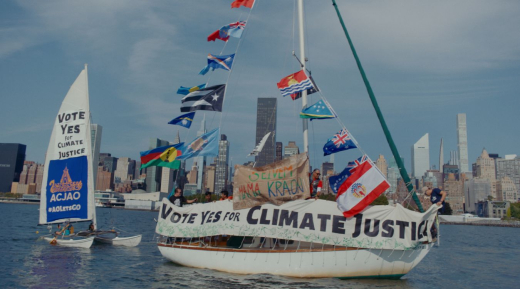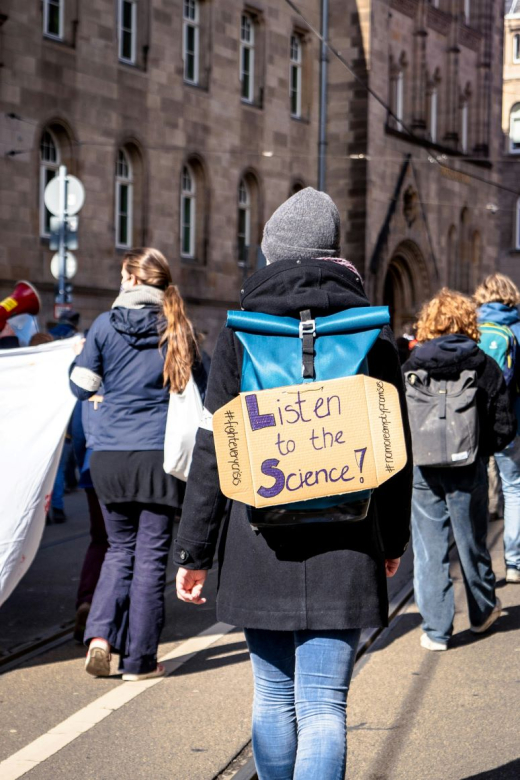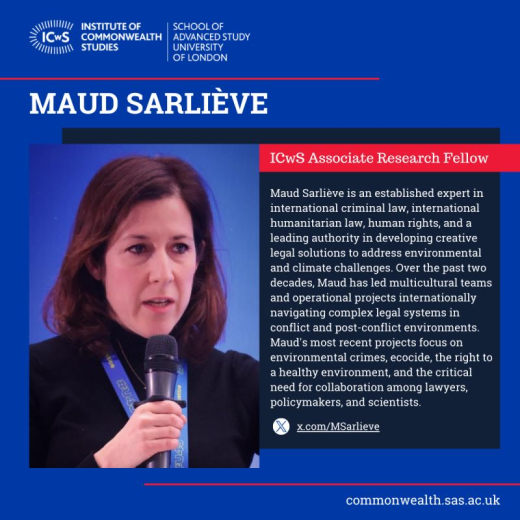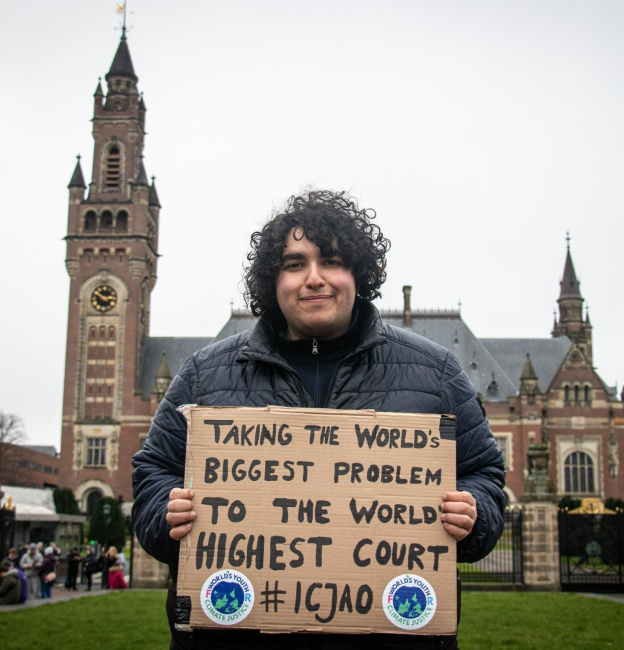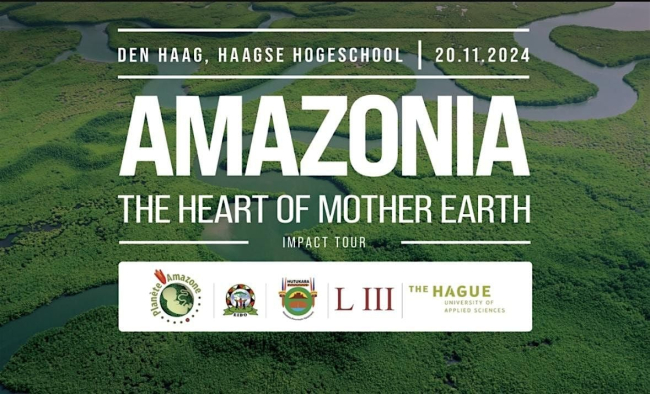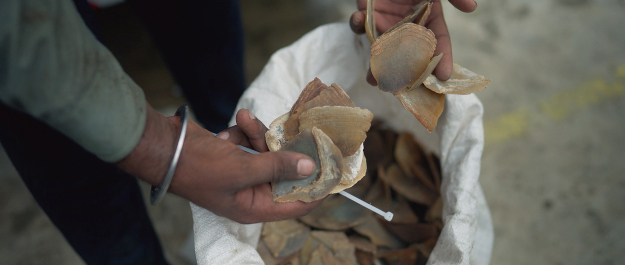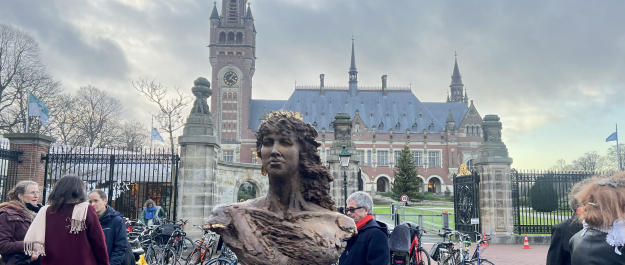Throughout December 2024, the International Court of Justice (ICJ) in The Hague is hearing delegates from more than 100 countries and organizations lay out their concerns and opinions on how to combat climate change. The Court will gather all of this testimony as it prepares to deliver an Advisory Opinion in 2025.
This unprecedented gathering of international parties was requested by the UN General Assembly after a prolonged campaign by the World’s Youth for Climate Justice (WYCJ) alongside young people from the low-lying Pacific Islands, many of whom are already suffering the catastrophic effects of rising sea levels.
But what happens next?
Can the ICJ’s Advisory Opinion be the starting point for a concerted global effort to reverse the damage climate change is already causing? Is so-called ‘Climate Justice’ really possible?
What is Climate Justice?
Climate change is a topic that is both urgent and divisive. While most States agree that it represents a clear and present danger to humanity, there is little agreement on the best pathways to resolve it. This makes the concept of ‘climate justice’ challenging to define, as it holds different meaning for people across various countries and contexts. Global cooperation - in the form of summits such as COP – seeks to tackle this challenge by setting mutually agreed targets and initiatives, but these can often be controversial and difficult to enforce.
Broadly, climate justice involves defining obligations and policies not only to mitigate and adapt to climate change but also to reshape global systems, ensuring a just and fair transition for all, particularly for those most affected by the crisis. It also entails identifying those most responsible for greenhouse gas emissions – whether States, corporate actors or individuals – and holding them accountable.
One of the biggest obstacles to achieving climate justice is the lack of common ground and understanding between science and the law. The fault lines of climate justice run deep dividing the north and the south, the rich and the poor; the developed and the developing nations. True climate justice is about bridging these gaps, defining meaningful legal frameworks, and creating pathways that ensure decisive action is taken before it is too late.
Climate litigation is a key tool in the pursuit of climate justice. While most cases are handled at the national level within domestic jurisdictions, the inherently transnational nature of climate change has also engaged regional and international jurisdictions, including the International Criminal Court and the International Court of Justice – both based in The Hague.
Expanding the Reach of Justice through the International Criminal Court
The International Criminal Court (ICC) was established in The Hague with the signing of the Rome Treaty in 1998. Its purpose is to deliver justice for victims and hold accountable those responsible for specific crimes when domestic judicial systems are unwilling or unable to do so, namely:
- Genocide
- War crimes
- Crimes against humanity
- Crimes of aggression
The definition of these international crimes does not naturally encompass the impacts of environmental destruction or degradation. However, campaigners and legal experts have been working to establish links between environmental violations and the specific crimes that can be charged and prosecuted by the ICC. In 2016 a policy paper was issued by former ICC Prosecutor Fatou Bensouda, and there was a further call for consultation launched by current ICC Prosecutor Karim Khan in February 2024.
They argue, for example, that the mass deforestation of the Amazon, with its consequences for local communities—displacing thousands of people, disrupting access to clean water, and causing catastrophic effects on biodiversity, water cycles and the climate—could constitute to a crime against humanity.
“Those fighting for environmental and climate justice have advocated for a creative interpretation of the existing provisions under the Rome Statute, such as pushing for investigations and prosecutions of those responsible for serious human rights violations related to the right to a healthy environment, water, food, and shelter.”
The ICJ: Our last, best hope
While the ICC can potentially be used to hold individuals accountable for large-scale environmental violations, its neighbour, the International Court of Justice, is working on an Advisory Opinion that could clarify States’ obligations regarding climate change and may represent a significant opportunity for meaningful change.
The ICJ’s 15 independent judges, from all over the world, sought input from world-renowned scientists and experts before the commencement of the two-week hearing. During the oral proceedings, States presented their cases from all sides of the climate debate - from the most vulnerable, whose very existence is threatened by climate change, through to oil-rich States whose economies currently depend on the burning of fossil fuels. The court also heard oral submissions from the world’s richest nations who play a significant role in financing new initiatives and hold key responsibilities in delivering affirmative action on climate change.
Most encouragingly, this has been a unique opportunity for young people to have their voices heard, both inside and out the Courtroom. They are the generation who have the most to gain by a dynamic new global collaboration on climate change - and the most to lose if things stay the same.
“When the world is looking for answers, the ICJ is the only jurisdiction where any State can share its perspectives on climate science and climate law with judges, who are given the time to consider both, free from the pressures of an electoral calendar or political agenda, before delivering their opinions on the extent of States’ obligations regarding climate change. It’s inspiring to see young people using these proceedings as an opportunity to have their voices heard, and raise awareness, in and out of the Courtroom.”
Read more
ICJAO Oral Hearings Daily Debriefs
To socialise the technical and legal oral arguments by States and IOs, a small team coordinated by legal experts from WYCJ and CIEL working with a few public international lawyers from the AO Alliance carried out top-line analysis of the arguments at the end of each day of the hearing.
Climate Justice for the Amazon?
"AMAZONIA, THE HEART OF MOTHER EARTH" film focus on mobilizing the international community on the issue of protecting indigenous territories in the Brazilian Amazon and urge it to recognise the crime of ecocide.
